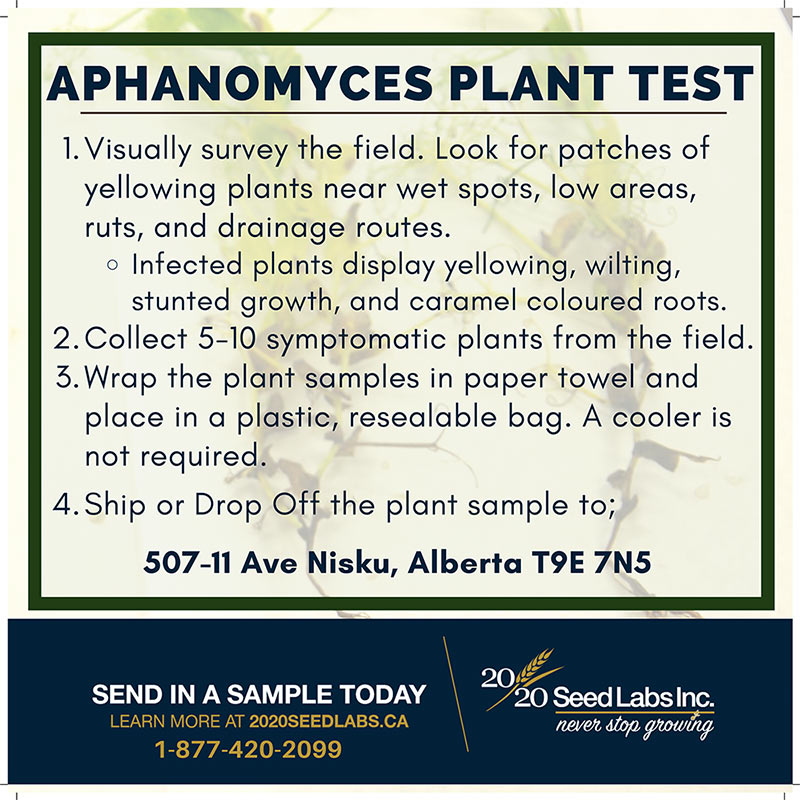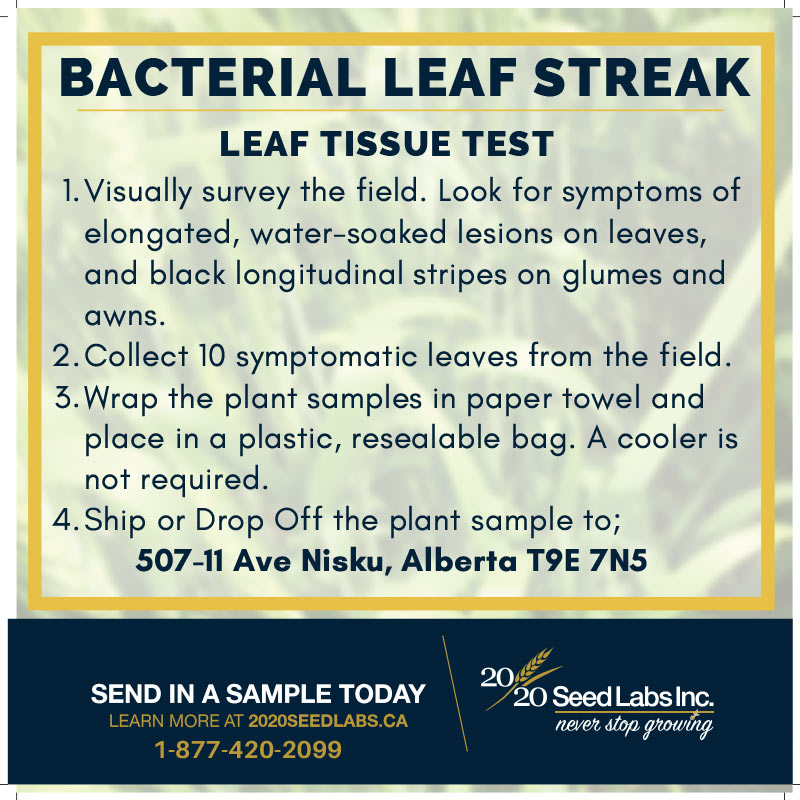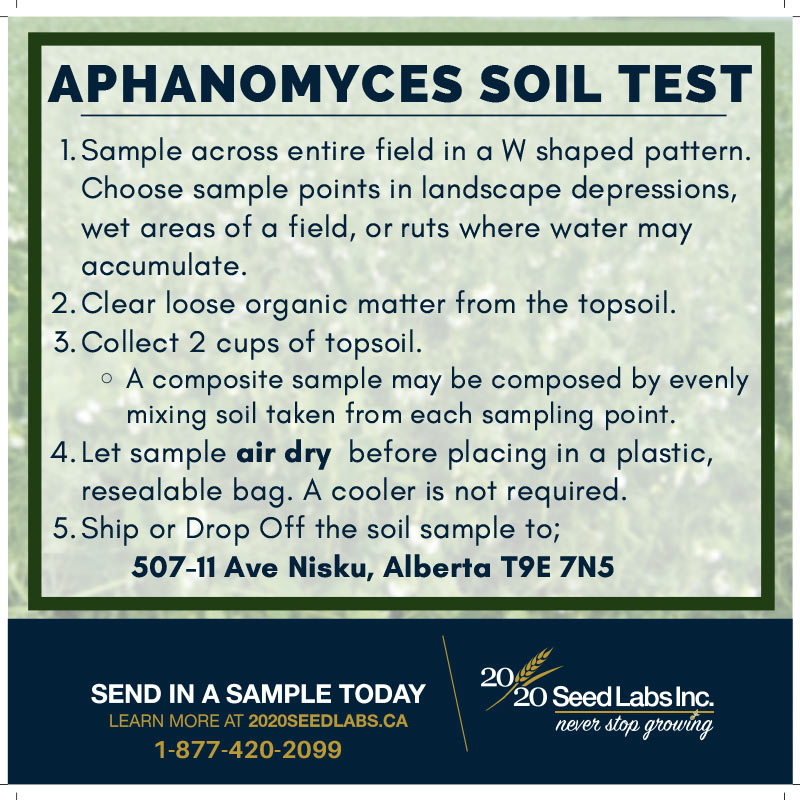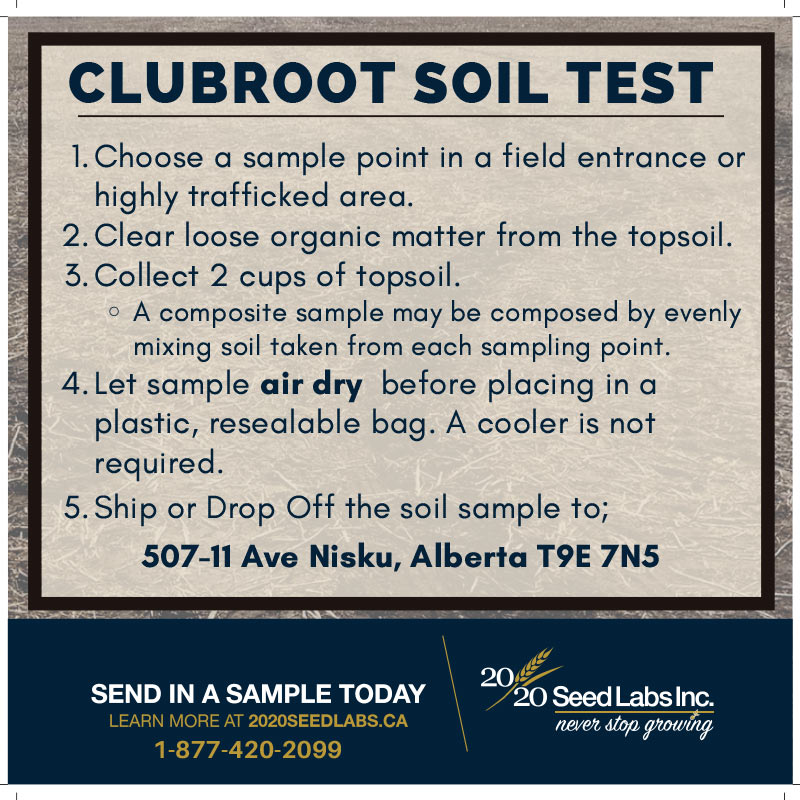Originally developed by the Canadian Grain Commission, the varietal identification test at 20/20 Seed Labs individually analyzes a minimum of 7 kernels of durum , wheat or barley according to specific markers in their DNA. When the information from these markers is put together, this creates a genetic fingerprint comparable to a barcode. Each variety generates a distinct DNA fingerprint, enabling us to differentiate between a large selection of durum, wheat, and barley varieties.

When should you use a varietal identification test?
There are three examples where our varietal identification test is perfect for farmers and seed growers.
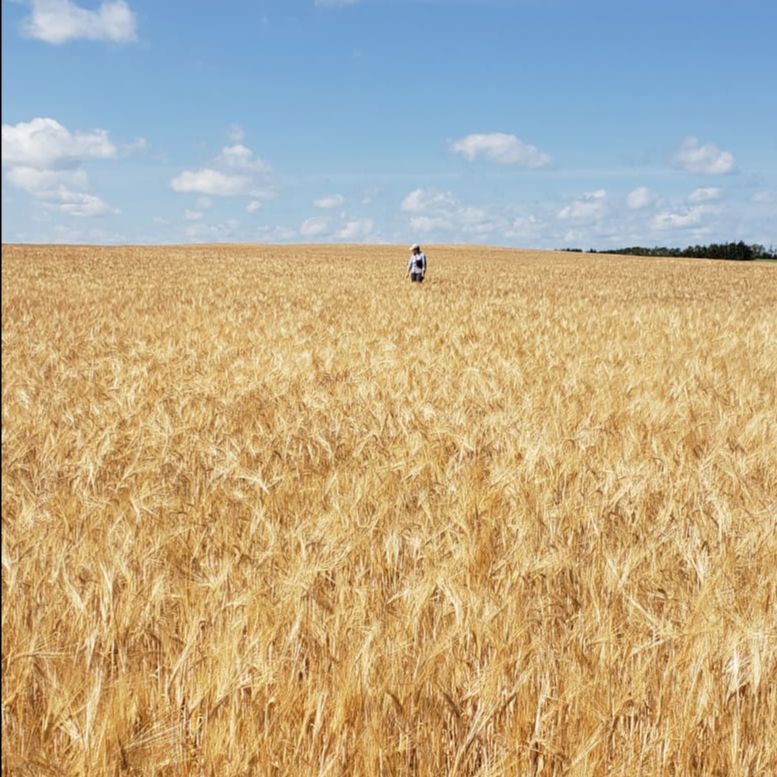
The first example is when a wheat or barley plant looks different in the field. This differencecould be due to environmental pressures or an off-type that can influence pedigreed seed status. In these cases, collect 3-5 heads of the known and the potential off-types varieties in separate, labeled, resealable bags and submit the samples to 20/20 Seed Labs (Nisku, AB) for analysis. The Varietal Identification (VID) test can confirm if it is the same variety as the rest of your field and identify the variety of the contaminants!
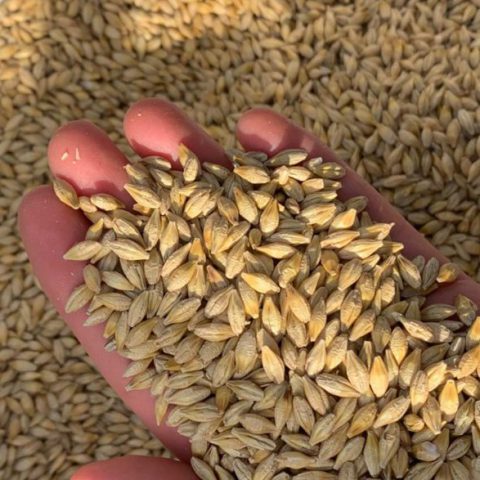
Another opportunity to use varietal identification testing (VID) is if you have wheat, barley, or durum volunteers in your field. For example, if you have only grown a certain variety for many years and are unsure if the volunteer weed you are seeing came from previous years from within the seed lot planted that year, a varietal identification test can help determine the source of the volunteers.
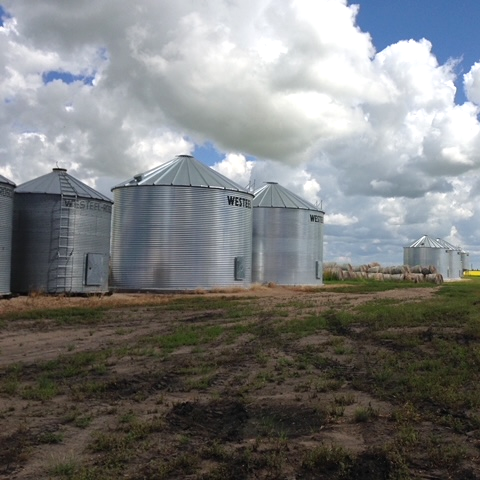
Lastly, the varietal identification test can be extremely helpful in distinguishing mislabeled bins. The test can quickly identify the exact variety in your bin. Collect a cup of the seed of the unknown variety, place it in a resealable bag, and submit it to 20/20 Seed Labs (Nisku, AB) for analysis.















